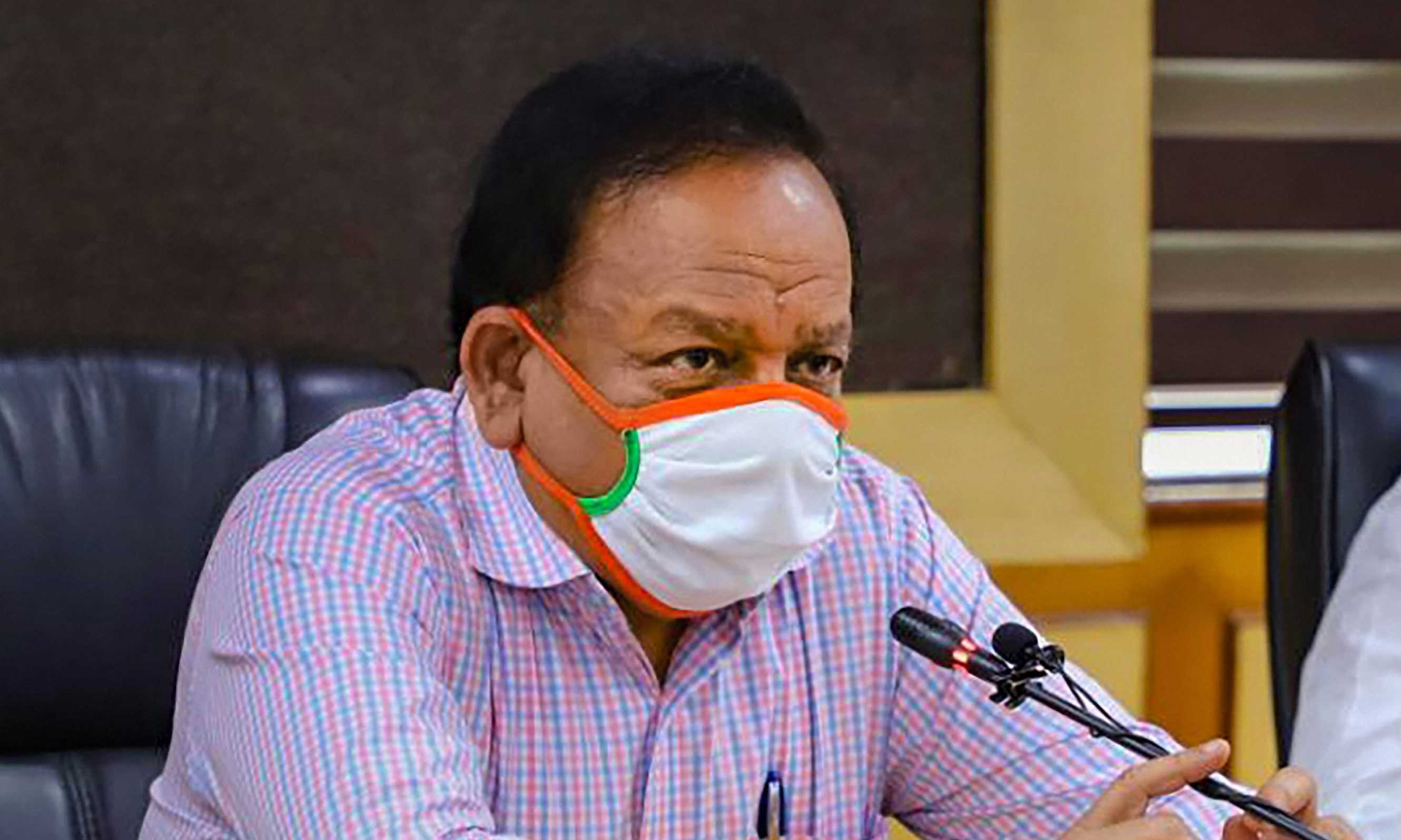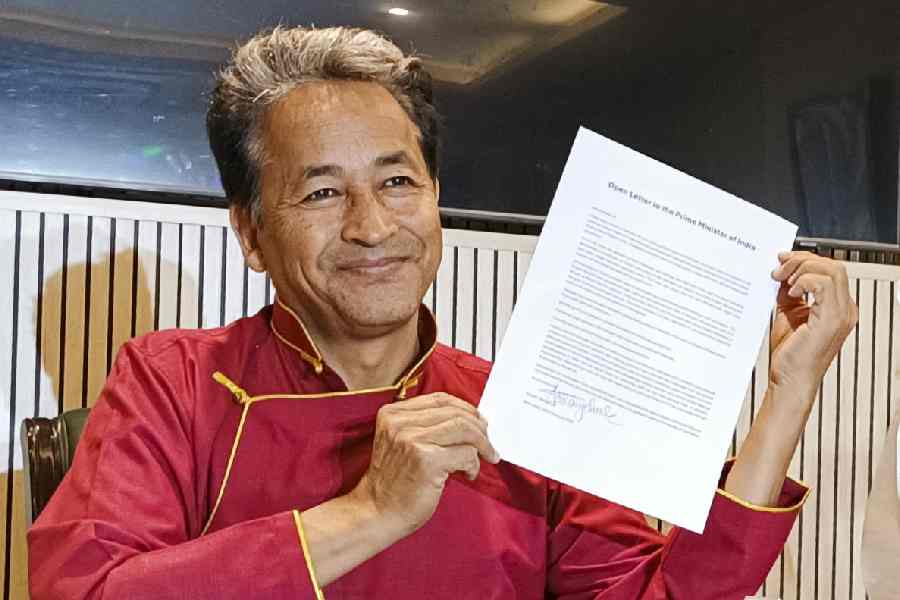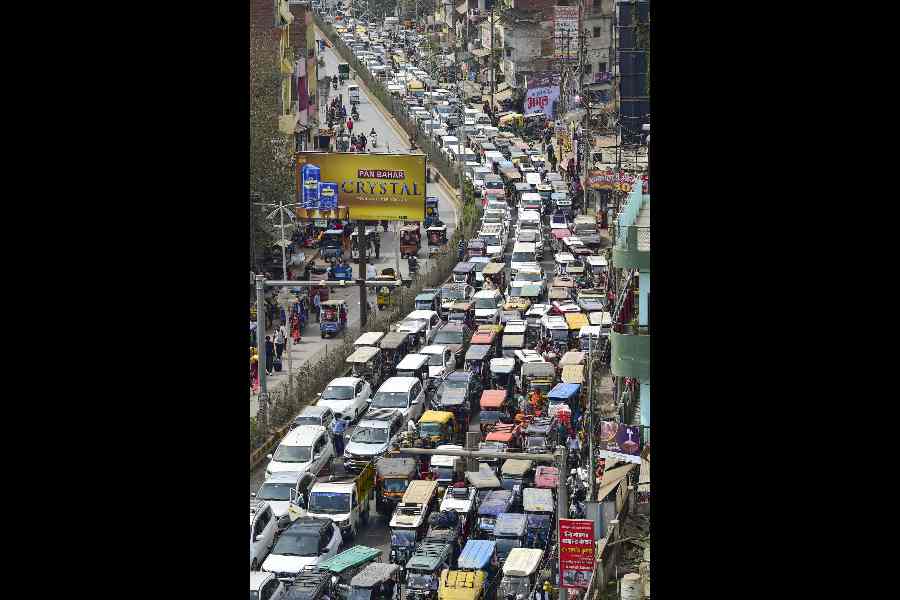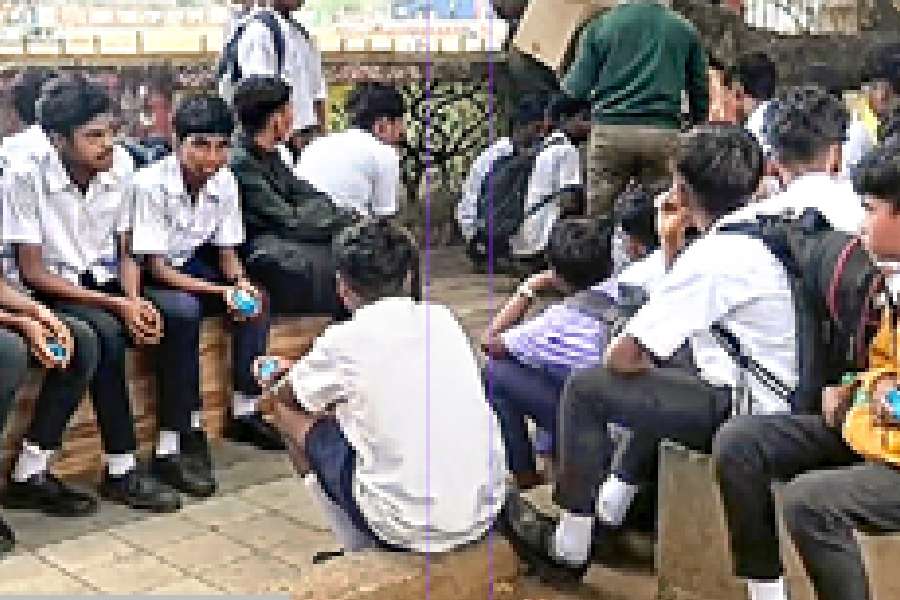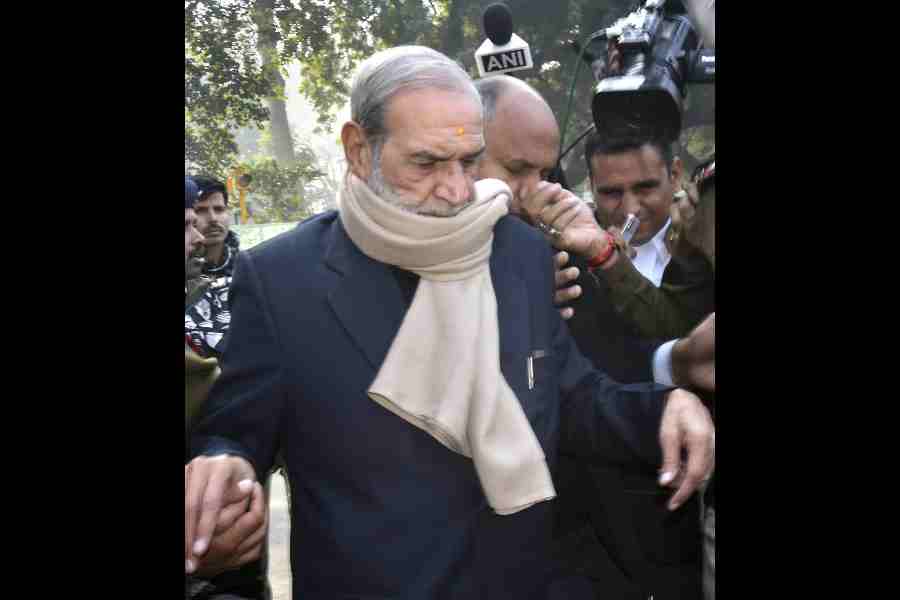Amid India’s rising coronavirus counts, the Union health ministry on Wednesday iterated concerns that patients had reported late to hospitals, angering many health experts who said that pinning culpability on the public was “unfair” and tantamount to “looking for scapegoats”.
The ministry referred in a media release to reports that some patients had suppressed information about their infection or reported late to hospitals, saying this suggested a degree of fear or stigma associated with Covid-19.
Health minister Harsh Vardhan said in a videoconference with the Gujarat and Maharashtra health officials that the states should focus on effective surveillance, contact-tracing, early diagnosis and “behaviour change communication” to reduce the high fatality rates.
The exhortation came on a day India recorded 2,958 new Covid-19 patients and 126 deaths overnight, raising the country’s total counts to 49,391 confirmed cases, including 1,694 deaths. Over 33,500 patients are “active” in hospital while nearly 14,200 have recovered.
The ministry had in a presentation to the states on Sunday raised concerns that the high fatality rates in some districts might owe to patients’ poor knowledge of the symptoms and poor health-seeking behaviour, a failure to adopt standard treatment protocols, and staff and infrastructure shortages.
But some public health experts and clinical virologists believe that the government and the health ministry themselves need to share responsibility for the public response. They contend that the health ministry did not devote adequate attention to priming the public for appropriate and rapid responses.
“Blaming people for coming late is unfair — they initially turned away patients with mild and moderate symptoms from testing as policy,” said T. Sundararaman, a community medicine specialist and the former executive director of the National Health Systems Resource Centre, New Delhi.
Sundararaman, among others, said that part of the stigma associated with Covid-19 had likely emerged from the “organised stigmatisation” of the people who had attended the Tablighi Jamaat, a conference held in New Delhi in mid-March with government approvals.
On several days during the early weeks of the epidemic in India, the health ministry had released figures of how many people who had been part of the Tablighi Jamaat conference had dispersed into which states and contributed to the confirmed cases there.
Health experts say that other government authorities have also contributed to the stigma. “Stigma doesn’t come from thin air —in most people, the Covid-19 symptoms are just those of a cold or the flu. The stigma is a by-product of what I’d call the ‘covidisation’ of citizens’ perspectives,” said Oommen John, a public health expert at The George Institute for Global Health, New Delhi.
“Some migrant workers were sprayed with disinfectants, others were made to walk through disinfectant tunnels,” John said, citing incidents that, although decried by the health ministry, may have contributed to the stigma.
Experts say it is possible that while the government has expanded the testing criteria, it is still primarily focused on patients with severe acute respiratory illness or influenza-like illness.
“People with milder symptoms may be missed out in large numbers. When this happens, they can infect others,” John said.
Some argue that as the epidemic grew over the past six weeks, the government and the health ministry should have devoted as much effort to effective public engagement as to the attempts to convey that the lockdown had been effective.
“By saying that people are coming late for treatment, they are looking for scapegoats,” said T. Jacob John, clinical virologist and former professor at the Christian Medical College, Vellore. “Now, it is people; tomorrow, they might also blame the states.”
Health ministry officials were not available for comment on the concerns expressed by the experts.

